Internet

Sean Scott
November 17, 2025

Exploring Different Internet Connection Types: Which One is Right for You?
In today's fast-paced and interconnected world, having a reliable and high-speed internet connection is crucial. With various internet connection types available, it can be overwhelming to determine which one is the best fit for your specific needs. In this comprehensive blog post, we will explore and compare different internet connection types, including DSL, cable, fiber optics, satellite, and wireless, providing you with valuable insights into business considerations and gaming to help you make an informed decision about the right internet connection type for you. DSL is a popular and widely available internet connection type that utilizes existing telephone lines to transmit data. It offers a more stable and faster connection compared to traditional dial-up connections. DSL is suitable for small to medium-sized households or businesses that require reliable internet access for web browsing, email, and standard video streaming. However, the performance of DSL may vary depending on the distance between your location and the nearest DSL service provider. Cable internet uses the same coaxial cables that deliver cable television signals. It offers higher speeds and better performance than DSL, making it a popular choice for both residential and business use. Cable internet is ideal for bandwidth-intensive activities such as online gaming, HD video streaming, and file sharing. However, the bandwidth is shared among users in the same neighborhood, which can result in decreased speeds during peak usage hours. Fiber optic internet is the fastest and most reliable internet connection type available. It uses thin strands of glass or plastic to transmit data as pulses of light. Fiber optic internet provides lightning-fast download and upload speeds, making it ideal for businesses with high data demands, video conferencing, and cloud-based applications. While fiber optic networks are expanding, availability may be limited in some areas due to infrastructure limitations. However, if it's available in your area, fiber optic internet offers unmatched speed and performance. Satellite internet is a viable option for remote or rural areas where other types of internet connections are not readily available. It uses satellite dishes to transmit and receive data signals. Satellite internet offers broad coverage and allows for reliable internet access even in remote locations. However, it tends to have higher latency, which can affect real-time online activities such as gaming or video conferencing. Additionally, satellite internet plans often come with data caps, limiting heavy usage. Satellite internet is a suitable choice for those who prioritize coverage and accessibility over ultra-fast speeds. Wireless internet, also known as Wi-Fi or cellular internet, utilizes wireless signals to connect to the internet. It is commonly used for mobile devices and is available through cellular network providers. Wireless internet offers convenience and flexibility, allowing you to connect from anywhere within the coverage area. It is suitable for individuals or small businesses with moderate internet needs. However, speeds and performance can be affected by signal strength, distance from the access point, and network congestion. Wireless internet is a versatile option for those who require mobility and flexibility in their internet connectivity. When selecting an internet connection type for your business, consider factors specific to your organization. Determine the number of employees who will be utilizing the internet simultaneously and the type of work they will be doing. For example, graphic designers or video editors may require higher speeds and greater bandwidth compared to administrative staff. Additionally, assess your future growth projections and whether the selected connection type can scale accordingly. If you are a gaming enthusiast or require low latency for real-time applications such as video conferencing or online trading, certain connection types may be more suitable. Fiber optic and cable internet generally offer lower latency compared to satellite or DSL connections. Lower latency ensures minimal delay in data transmission, resulting in a more responsive and seamless online experience for activities that require quick interaction. Choosing the right internet connection type for your needs requires careful consideration of factors such as location, internet usage requirements, and budget. If speed and reliability are paramount, fiber optic internet is the ideal choice, although availability may be limited. Cable internet strikes a balance between speed and affordability, while DSL is suitable for basic browsing needs. Satellite internet offers coverage in remote areas, while wireless internet provides flexibility for mobile users. Assessing these factors in conjunction with your specific needs will guide you toward selecting the most suitable internet plan for your business. Remember to review multiple providers, compare offerings, and seek recommendations to ensure you make an informed decision that enhances your business's productivity and success. Take the time to evaluate your options and make an informed decision. Remember, a well-chosen internet connection can enhance your online experience and support your personal or business endeavors. KonnectX offers a diverse array of internet technologies, including fiber optics, satellite, wireless, and more. Choose the connection type that best suits your location and enjoy uninterrupted access to the online world.Digital Subscriber Line (DSL):
Cable Internet:
Fiber Optic Internet:
Satellite Internet:
Wireless Internet:
Business Considerations:
Latency and Gaming:
Conclusion:
RECENT POSTS

Tips for Maximizing Wi-Fi Security and Protecting Your Personal Information
 Sean Scott
Sean ScottNovember 17, 2025


How to Set Up a Home Network for Seamless Connectivity and File Sharing
 Sean Scott
Sean ScottNovember 17, 2025


